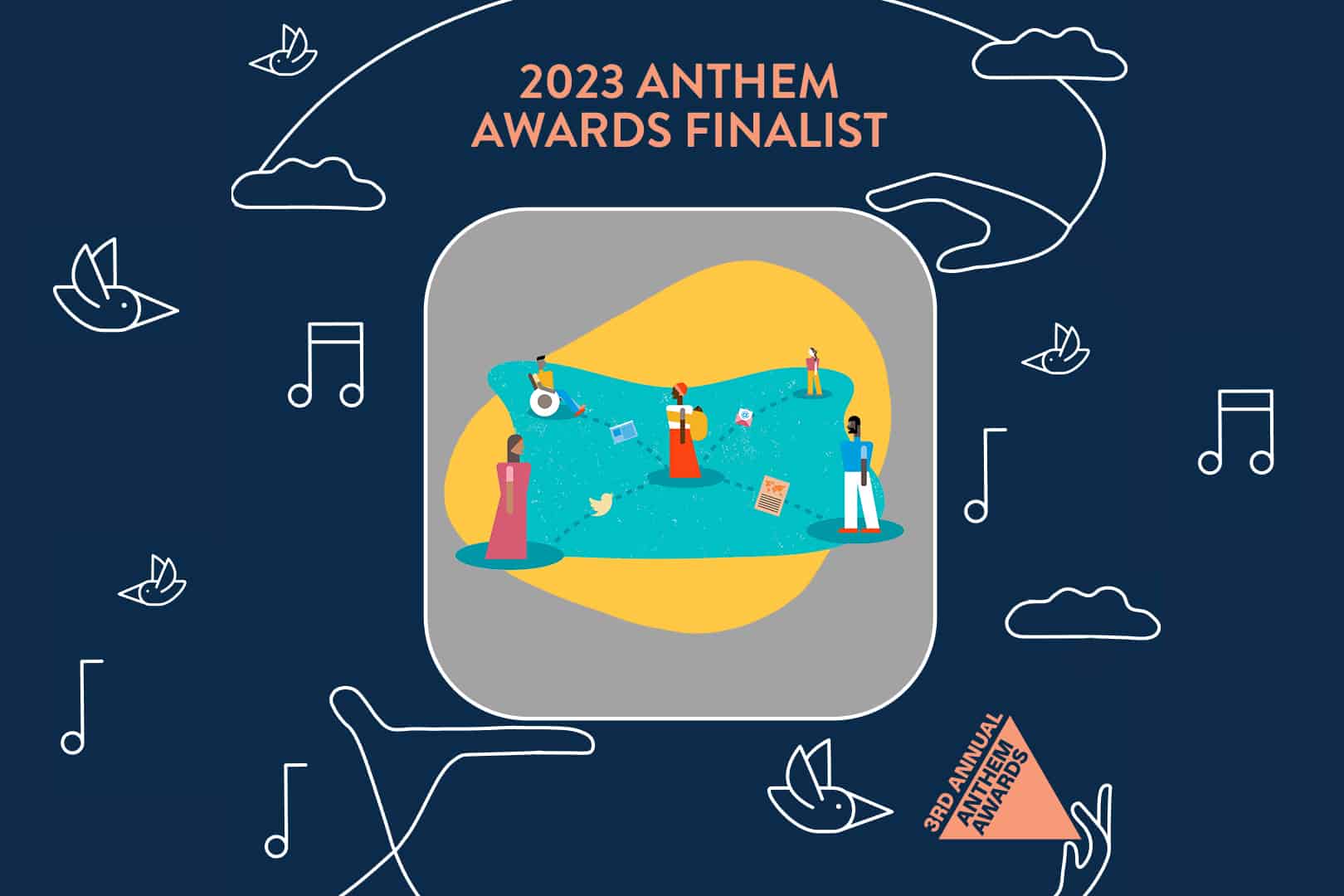
CCP Named Finalist for 3rd Annual Anthem Awards
Finalists chosen from more than 2,000 entries from 44 countries. You can vote for CCP’s knowledge management work until Dec. 21.

Finalists chosen from more than 2,000 entries from 44 countries. You can vote for CCP’s knowledge management work until Dec. 21.

Marla Shaivitz, CCP’s director of digital strategy, makes sense of what role artificial intelligence may play in the field in the future — and what is already happening now.
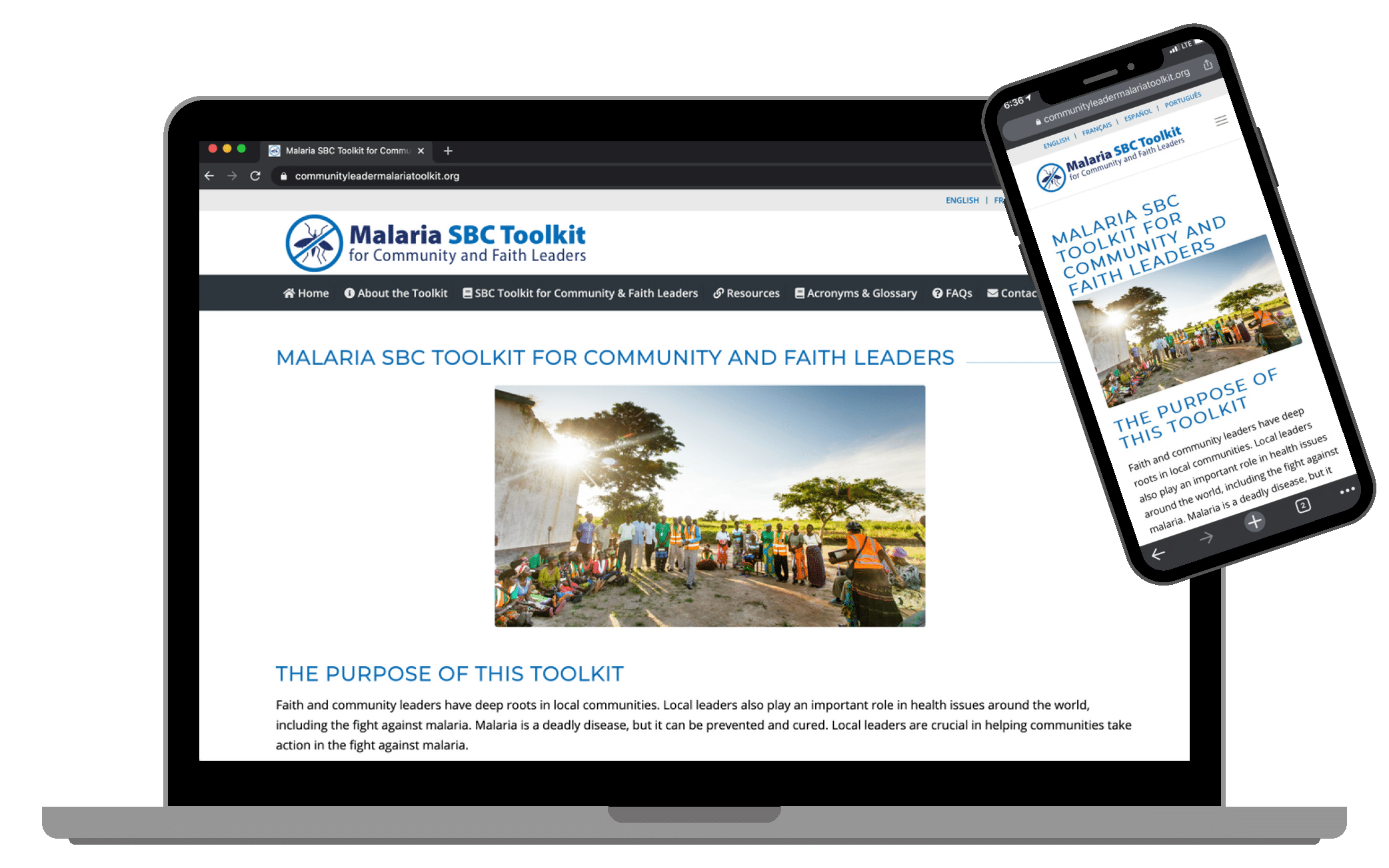
PMI and the CCP-led Breakthrough ACTION project created a toolkit to train faith leaders about how they can encourage malaria prevention.

CCP has developed a new family planning chatbot for young people, co-designed with youth from across nine West African countries.

CCP used technology to quickly assess attitudes and barriers to COVID-19 vaccinations — and to respond with new messages to increase vaccine uptake.
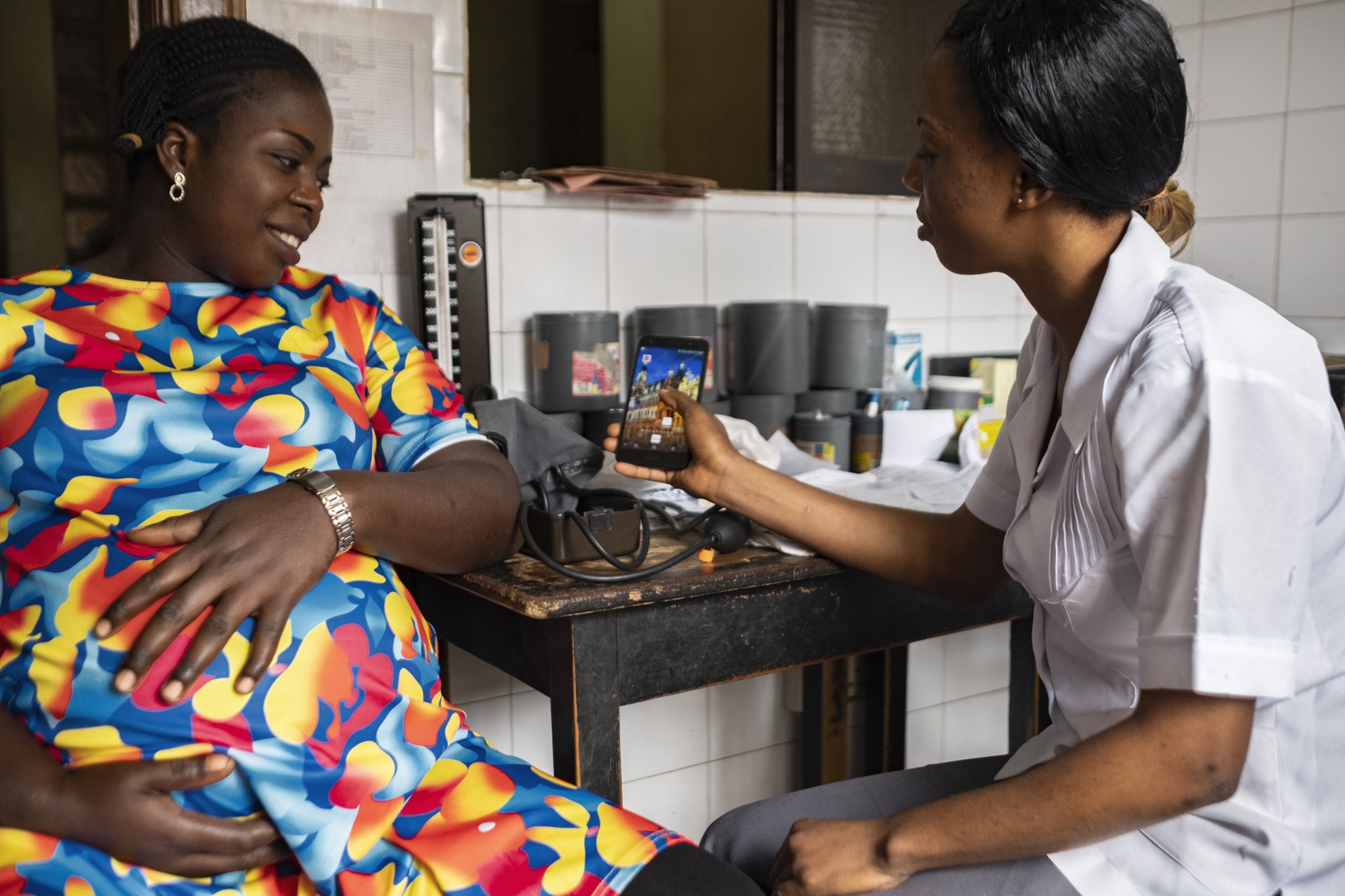
CCP increased modern contraception use among patients in private-sector hospitals, and left behind digital tools to help sustain success in the coming months and years.
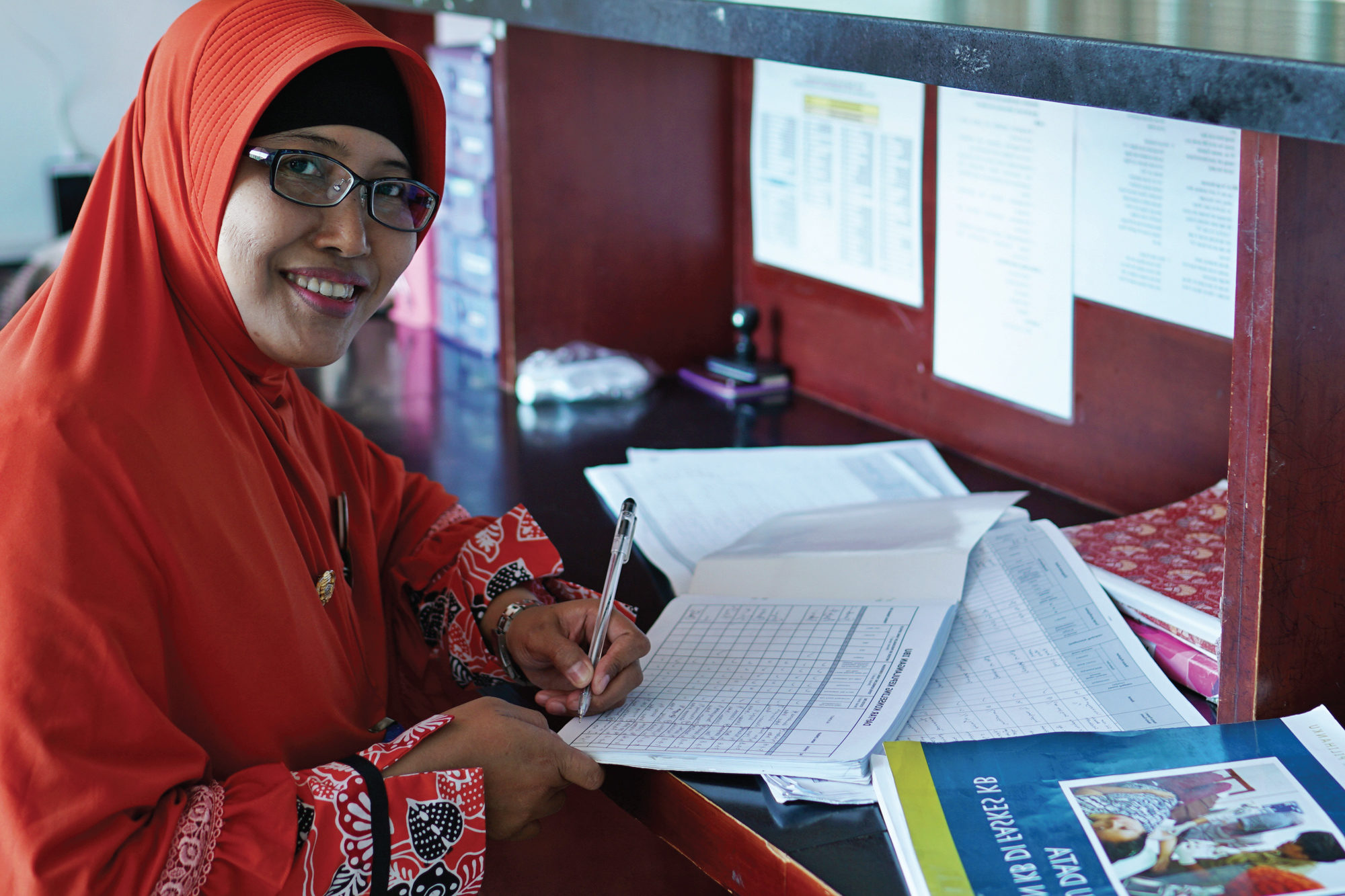
Family planning clients in Indonesia who were counseled about contraception using a tablet-based application were far more likely to still be using that new method a year later, new CCP research suggests.

Food choices made by kids in India improved after they played a mobile game where avatars fight robots that represent unhealthy foods, new research suggests. CCP”s Uttara Bharath Kumar helped conduct the research.
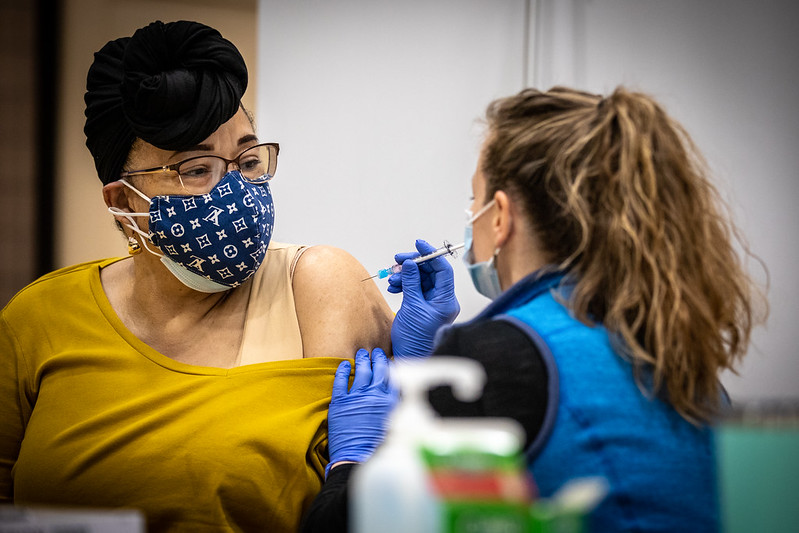
The percentage of people globally who say they will get a COVID-19 vaccine has fallen in recent weeks, even as tens of millions of doses have been administered around the world, new survey data disseminated by CCP suggests.
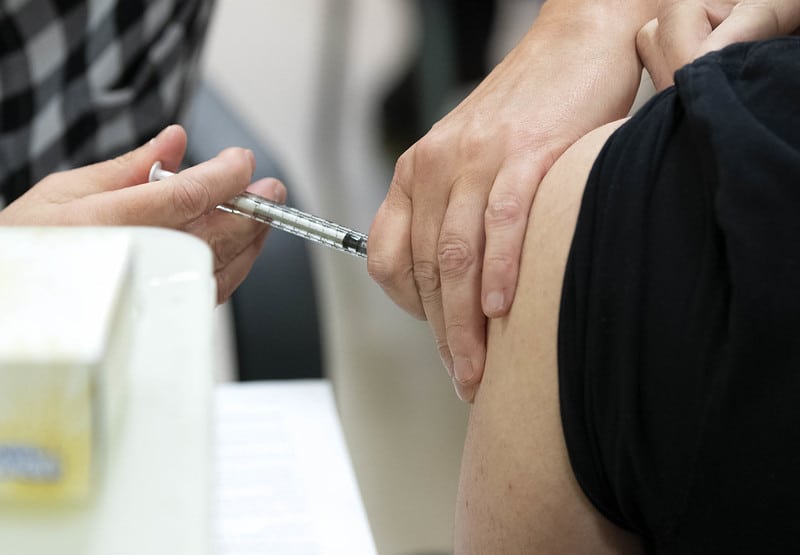
New data show that 62 percent of Americans would get a COVID-19 vaccine. That’s not nearly enough to stop the spread of the disease. Public health officials should focus communication efforts on the roughly 20 percent on the fence.
Receive the latest news and updates, tools, events and job postings in your inbox every month